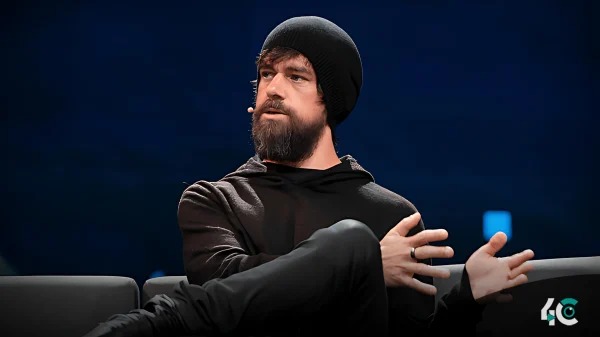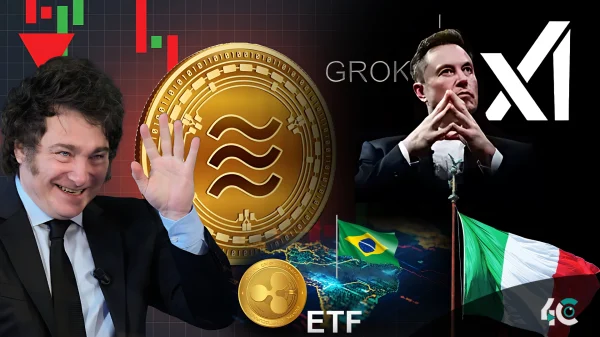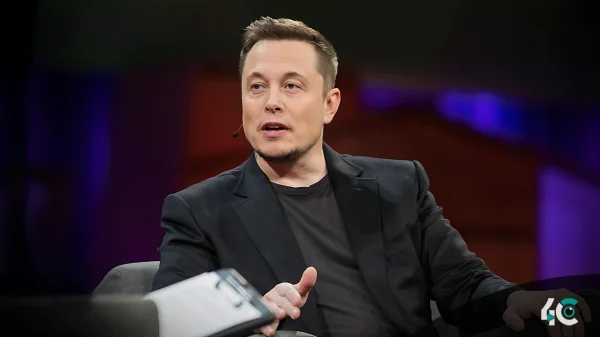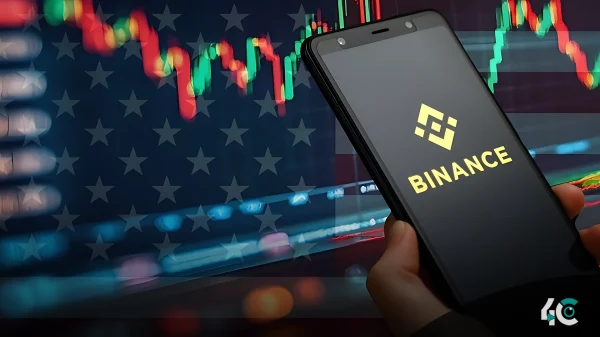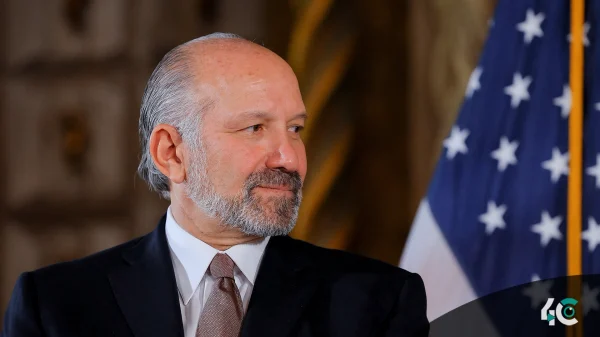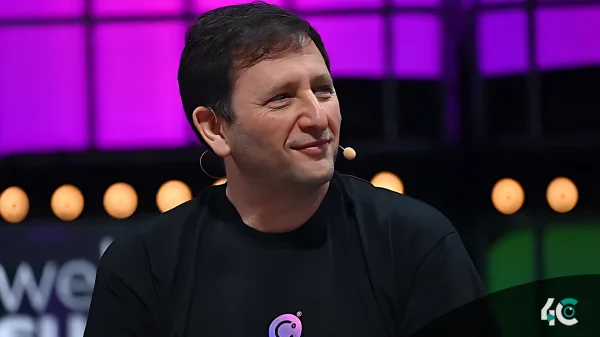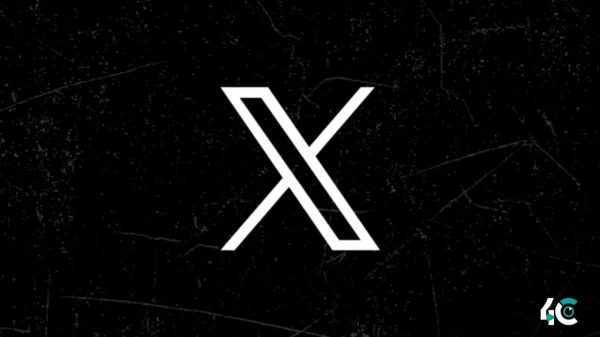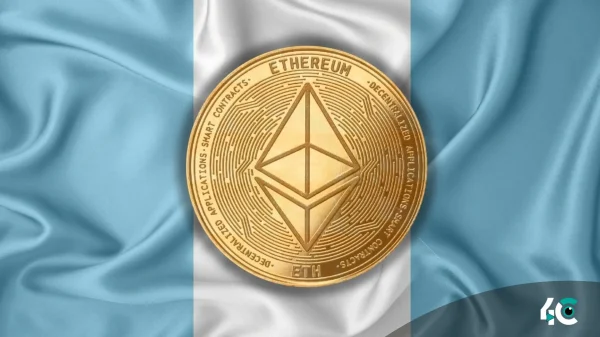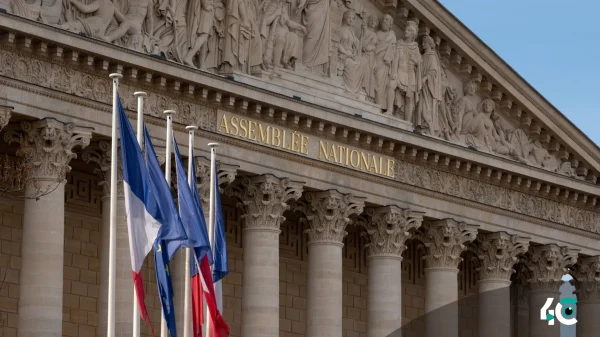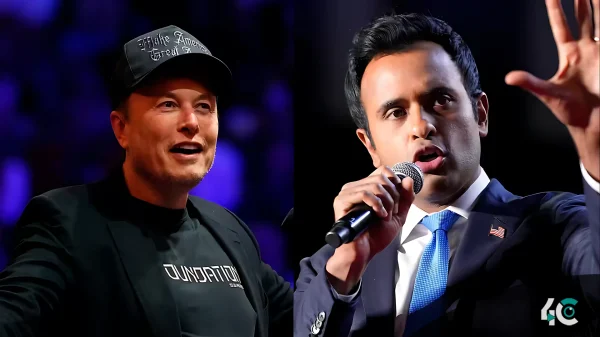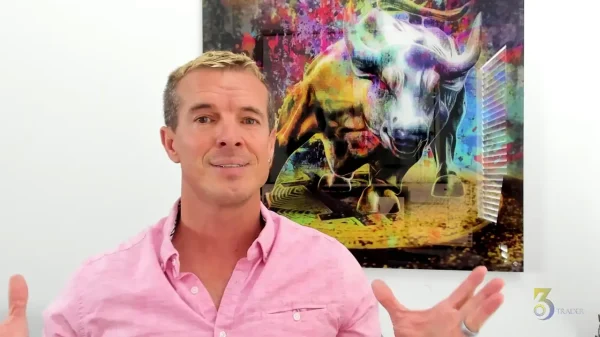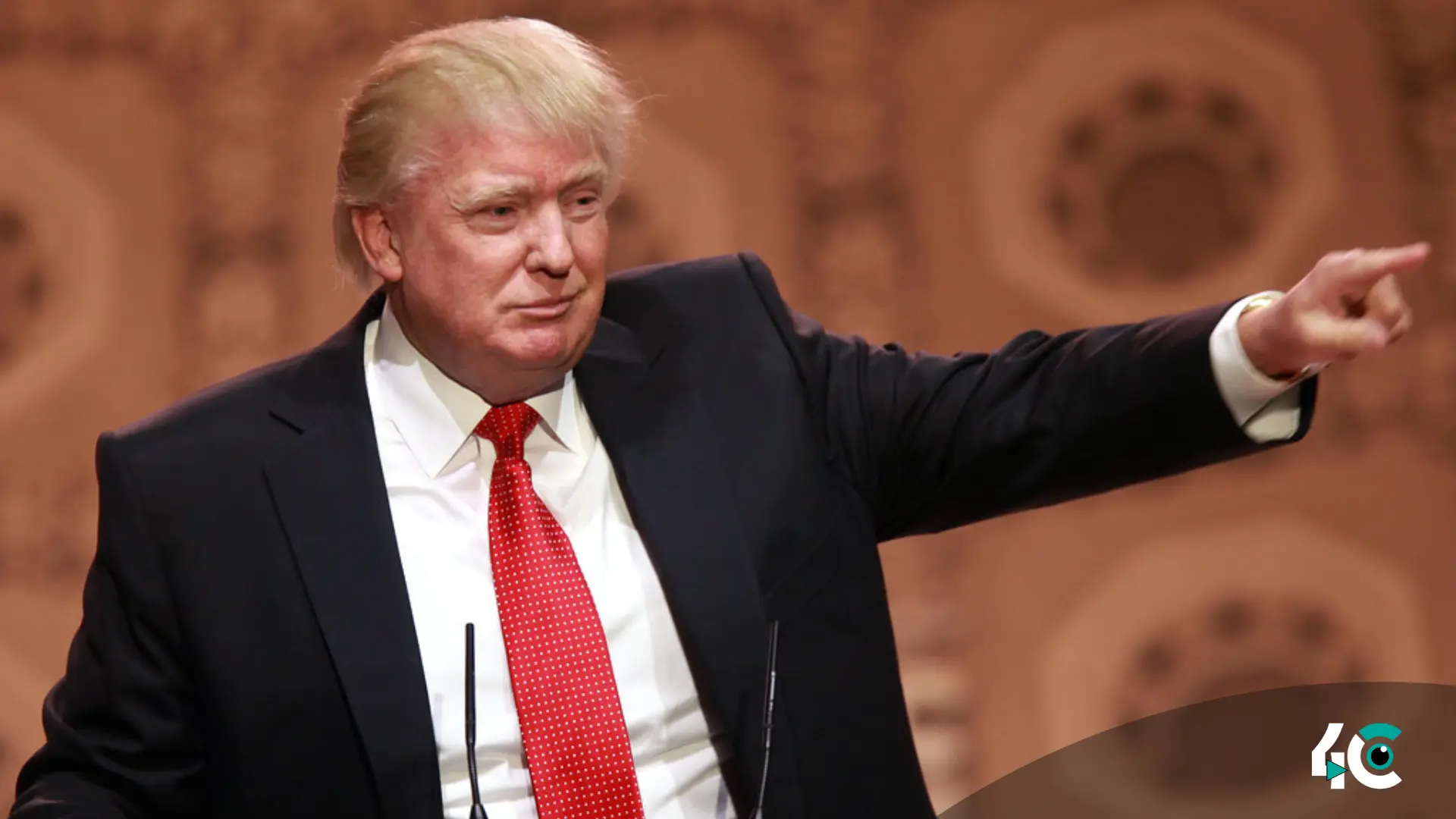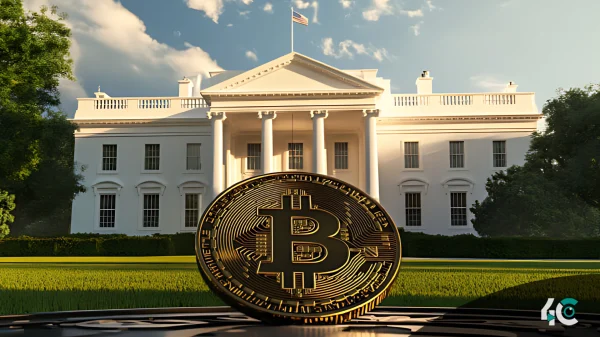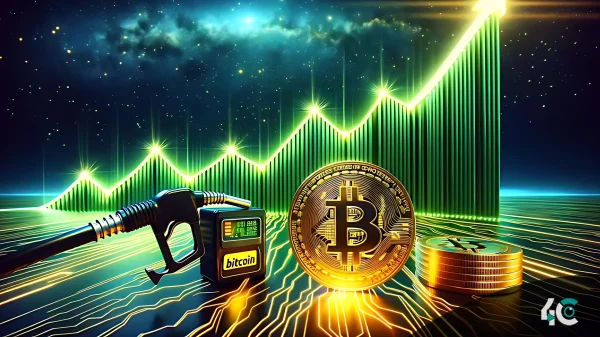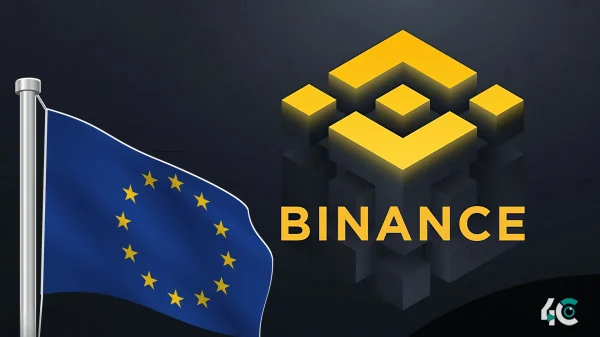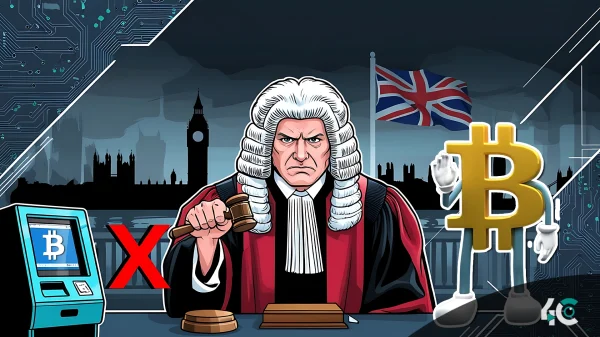Former President Donald Trump and New York Governor Kathy Hochul have both put forward nuclear energy as a vital resource, though their motivations differ. Hochul is turning to nuclear power to help New York achieve its climate objectives by 2030, as outlined in the state’s 2019 climate plan.
She believes that nuclear energy can fill the gaps left by wind and solar power, ensuring the state meets its ambitious goals. Trump, on the other hand, views nuclear energy as the backbone for America’s future in artificial intelligence. In a recent interview, he emphasized the need for the U.S. to double its electricity production to maintain a competitive edge in AI development. Trump highlighted the shortcomings of other renewable energy sources, arguing that nuclear power offers a more reliable and powerful solution. Globally, interest in nuclear energy is on the rise.
Poland has allocated $1.2 billion to construct its first nuclear power plant, while Sweden is considering a $28.5 billion investment to expand its nuclear capacity. China is also advancing its nuclear energy plans, with a $31 billion project to build 11 new reactors. For Bitcoin miners, access to nuclear energy could be a game-changer. Mining operations are heavily dependent on electricity, making energy costs a critical factor. Nuclear power, offering nearly limitless energy at a lower cost than other renewables, could significantly reduce the financial burden on miners.
This shift could also open the door for smaller, independent miners to participate more effectively in the market, potentially decentralizing the mining industry. As nuclear energy gains traction in the United States and abroad, its role in powering everything from AI to Bitcoin mining may become increasingly important in the years to come.







